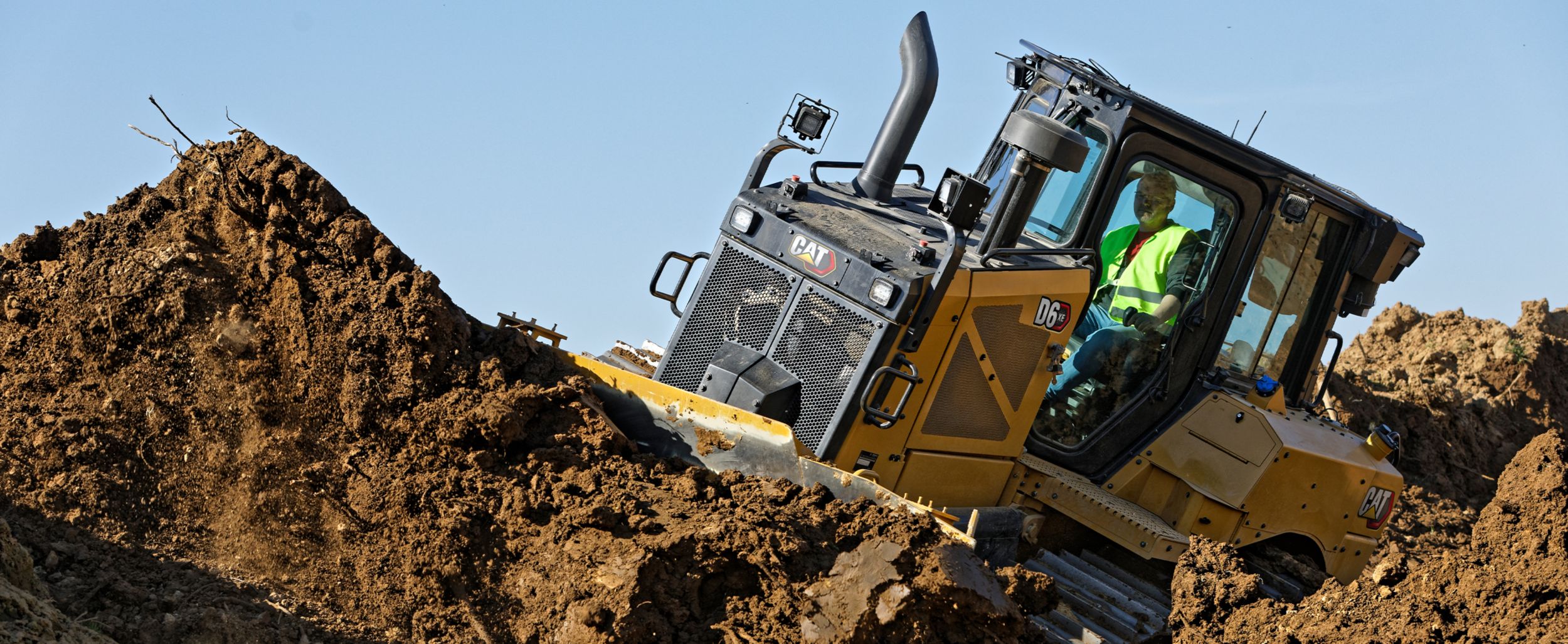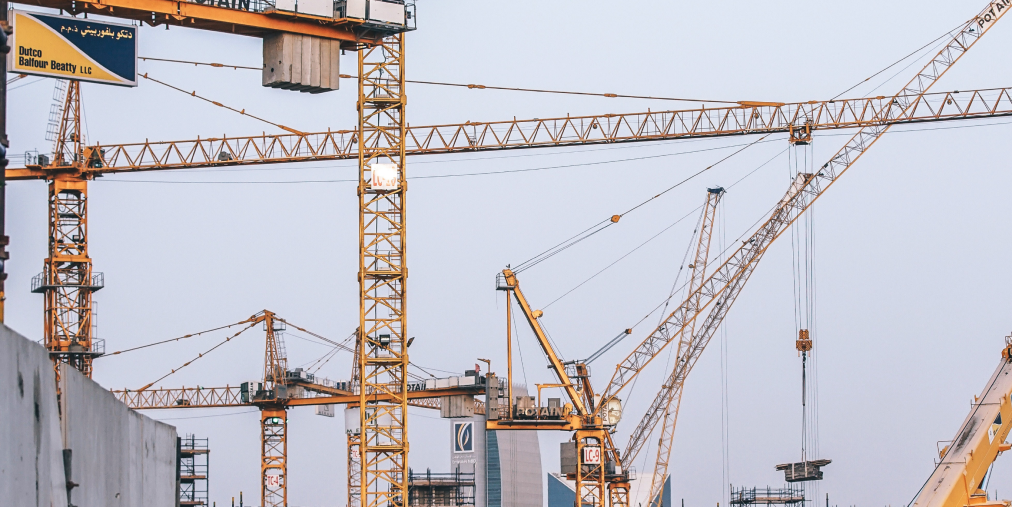Rental Company in Tuscaloosa AL: Top-Quality Equipment for Every Project
Wiki Article
Exploring the Financial Perks of Leasing Construction Devices Contrasted to Possessing It Long-Term
The decision in between having and renting out construction devices is crucial for monetary administration in the sector. Renting offers instant price financial savings and operational versatility, enabling firms to assign sources extra efficiently. In contrast, ownership features considerable long-lasting economic commitments, including upkeep and devaluation. As contractors consider these alternatives, the effect on capital, project timelines, and innovation gain access to comes to be increasingly considerable. Understanding these nuances is vital, specifically when taking into consideration how they straighten with certain project needs and economic techniques. What factors should be prioritized to ensure optimal decision-making in this complex landscape?
Expense Comparison: Renting Vs. Having
When reviewing the economic ramifications of having versus leasing construction equipment, a thorough price contrast is necessary for making notified decisions. The selection between renting and possessing can significantly influence a business's profits, and recognizing the connected costs is crucial.Renting building and construction equipment normally entails lower ahead of time costs, enabling organizations to designate resources to other functional demands. Rental costs can collect over time, potentially exceeding the expense of possession if equipment is required for an extended duration.
Conversely, having construction devices calls for a significant preliminary financial investment, along with recurring costs such as funding, insurance, and devaluation. While possession can bring about long-term cost savings, it likewise ties up funding and might not offer the exact same level of versatility as renting. Additionally, owning equipment requires a dedication to its utilization, which may not always line up with job needs.
Eventually, the choice to lease or possess needs to be based on a detailed evaluation of details task requirements, monetary ability, and long-lasting critical objectives.

Upkeep Costs and Obligations
The selection in between renting out and having building and construction tools not just entails financial factors to consider yet additionally encompasses continuous maintenance expenses and responsibilities. Possessing tools calls for a substantial dedication to its upkeep, that includes regular examinations, repair services, and prospective upgrades. These obligations can quickly accumulate, bring about unforeseen costs that can strain a spending plan.On the other hand, when renting tools, upkeep is usually the responsibility of the rental firm. This plan allows contractors to stay clear of the monetary burden connected with deterioration, as well as the logistical obstacles of organizing repairs. Rental arrangements commonly include arrangements for upkeep, meaning that service providers can concentrate on finishing jobs as opposed to fretting about devices problem.
Additionally, the varied variety of tools offered for rental fee enables firms to select the most recent designs with innovative technology, which can boost efficiency and efficiency - scissor lift rental in Tuscaloosa Al. By deciding for rentals, organizations can avoid the long-lasting liability of devices devaluation and the associated upkeep headaches. Eventually, reviewing maintenance expenditures and responsibilities is critical for making a notified choice about whether to lease or possess construction devices, significantly affecting total project costs and operational performance

Depreciation Impact on Possession
A substantial element to take into consideration in the decision to have building and construction devices is the influence of devaluation on general possession costs. Devaluation stands for the decline in value of the devices with time, influenced by elements such as use, deterioration, and innovations in modern technology. As tools ages, its market value decreases, which can substantially influence the proprietor's economic placement when it comes time to sell or trade the equipment.
For building and construction business, this depreciation can translate to substantial losses if the tools is not used to its max potential or if it comes to be outdated. Owners must make up devaluation in their financial estimates, which can cause higher total expenses compared to renting. In addition, the tax implications of devaluation can be complicated; while it may give some tax obligation benefits, these are usually balanced out by the reality of minimized resale value.
Ultimately, the worry of depreciation emphasizes the relevance of comprehending the long-term economic commitment entailed in having construction devices. Firms need to thoroughly review how often they will certainly use the devices and the prospective economic effect of devaluation to make an educated decision regarding possession versus leasing.
Financial Adaptability of Leasing
Renting building and construction equipment uses substantial monetary adaptability, permitting business to allot resources much more successfully. This adaptability is specifically critical in a sector characterized by rising and fall job demands and differing workloads. By deciding to rent, businesses can avoid the considerable capital expense required for buying equipment, preserving capital for various other functional needs.Additionally, renting devices allows firms to customize their equipment selections to details task requirements without the lasting commitment connected with ownership. This means that services can conveniently scale their tools supply up or down based upon present and expected job requirements. Subsequently, this adaptability minimizes the danger of over-investment in machinery that may become underutilized or obsolete over time.
An additional economic benefit of leasing is the potential for tax obligation advantages. Rental repayments are typically thought about business expenses, permitting immediate tax reductions, unlike depreciation on owned and operated tools, which is spread over numerous years. scissor lift rental in Tuscaloosa Al. This prompt cost recognition can better enhance a company's cash money setting
Long-Term Project Factors To Consider
When assessing the lasting needs of a building business, the decision in between renting and having equipment comes to be more complicated. For tasks with extended timelines, acquiring equipment may appear advantageous due to the capacity for reduced total costs.The construction industry is evolving swiftly, with brand-new devices offering improved effectiveness and safety features. This adaptability is specifically valuable for organizations that take care of varied jobs needing different types of equipment.
Furthermore, economic security plays a crucial function. Having equipment frequently entails significant capital expense and devaluation worries, while leasing permits more foreseeable budgeting and money flow. Eventually, the choice in between leasing and owning needs to be lined up with the tactical purposes of the building business, thinking about both present and anticipated task demands.
Verdict
In final thought, renting out building tools supplies substantial financial advantages over long-lasting possession. Ultimately, the decision to lease rather than own aligns with the dynamic nature of construction jobs, allowing for adaptability and accessibility to the newest equipment without the monetary worries associated with ownership.As tools ages, its market value reduces, which can significantly affect the proprietor's financial setting when it comes time to sell or trade the equipment.
Renting building boom lift rental in Tuscaloosa AL tools offers significant monetary versatility, enabling business to allocate sources extra effectively.Additionally, renting equipment enables companies to tailor their devices options to specific task needs without the long-lasting commitment associated with possession.In conclusion, leasing building devices supplies considerable monetary benefits over long-lasting ownership. Inevitably, the choice to rent instead than own aligns with the vibrant nature of building projects, permitting for versatility and accessibility to the most current equipment without the economic concerns linked with ownership.
Report this wiki page